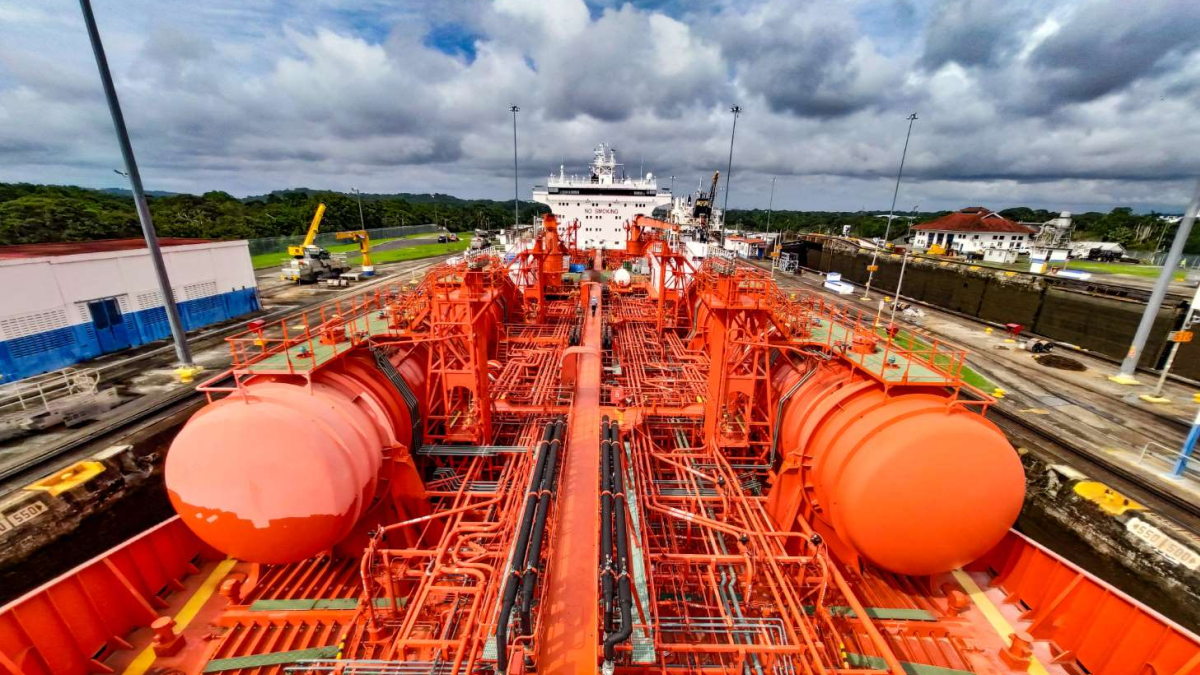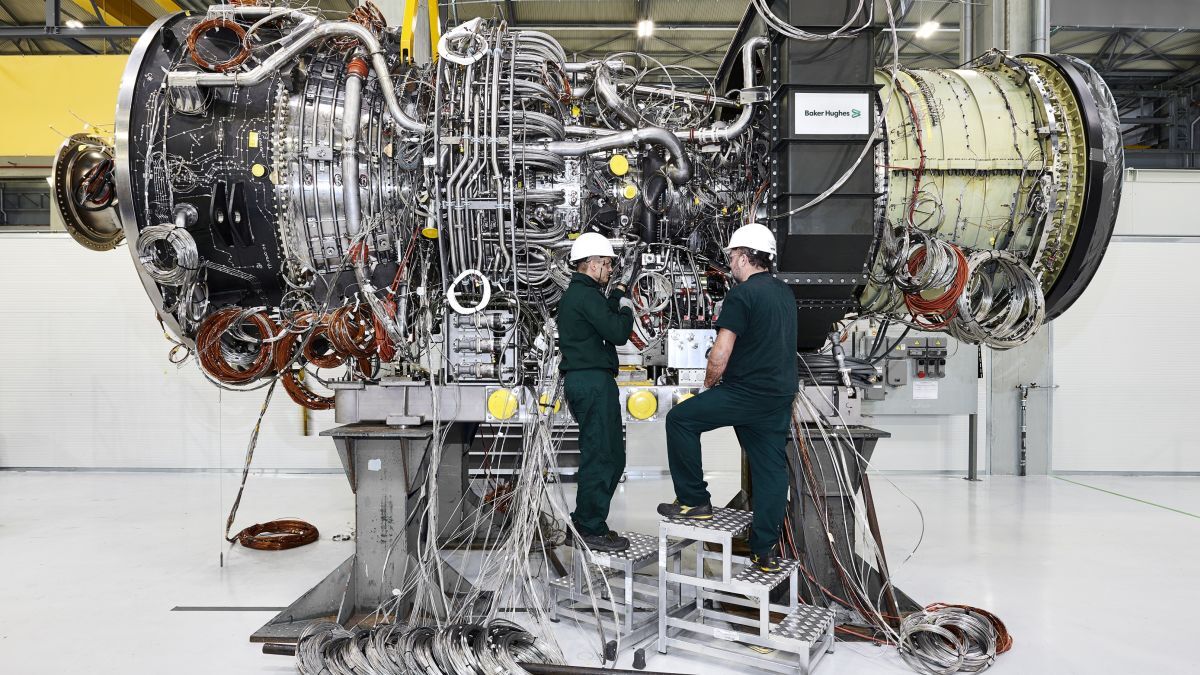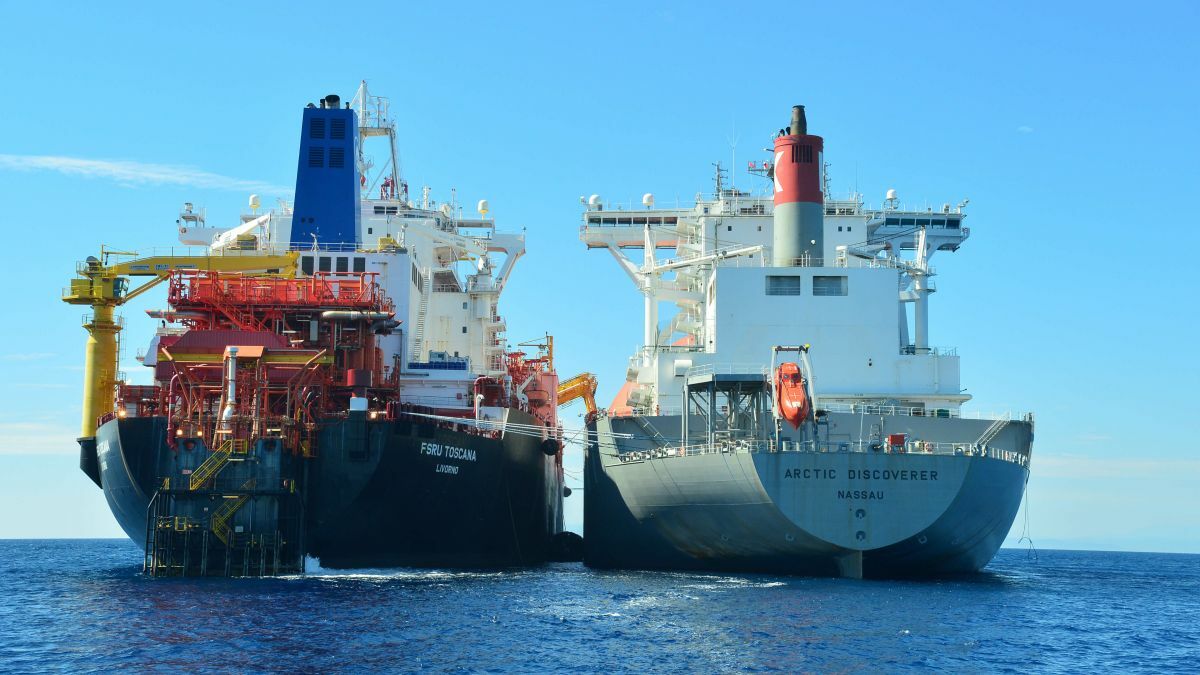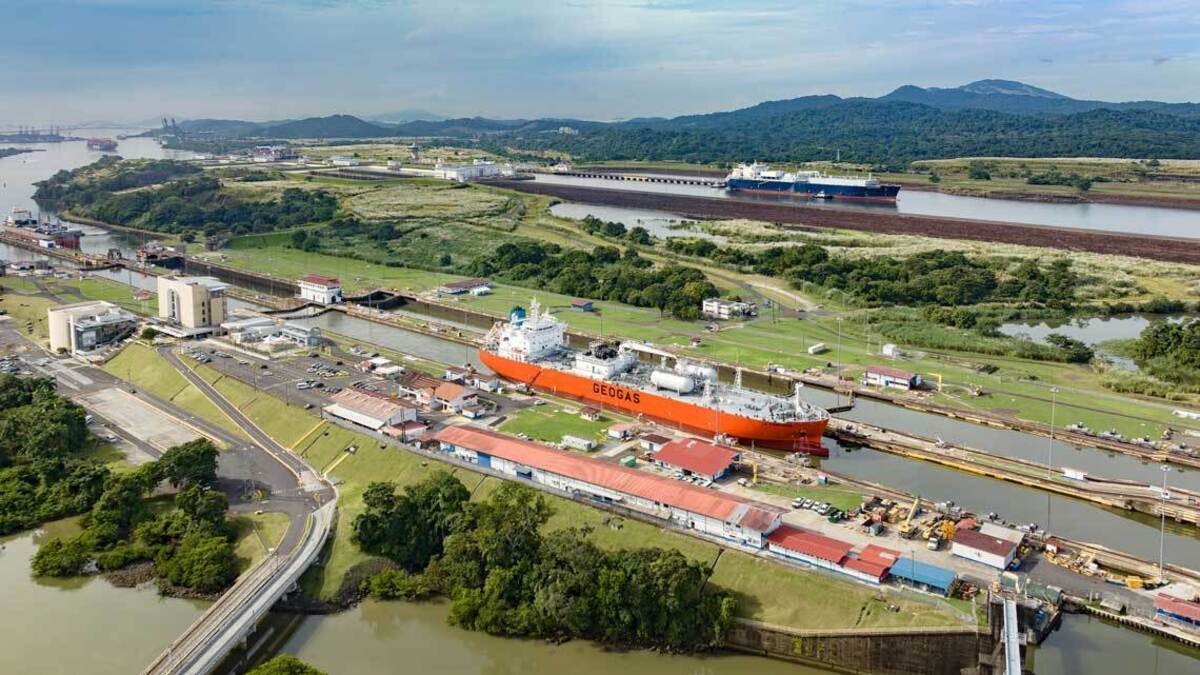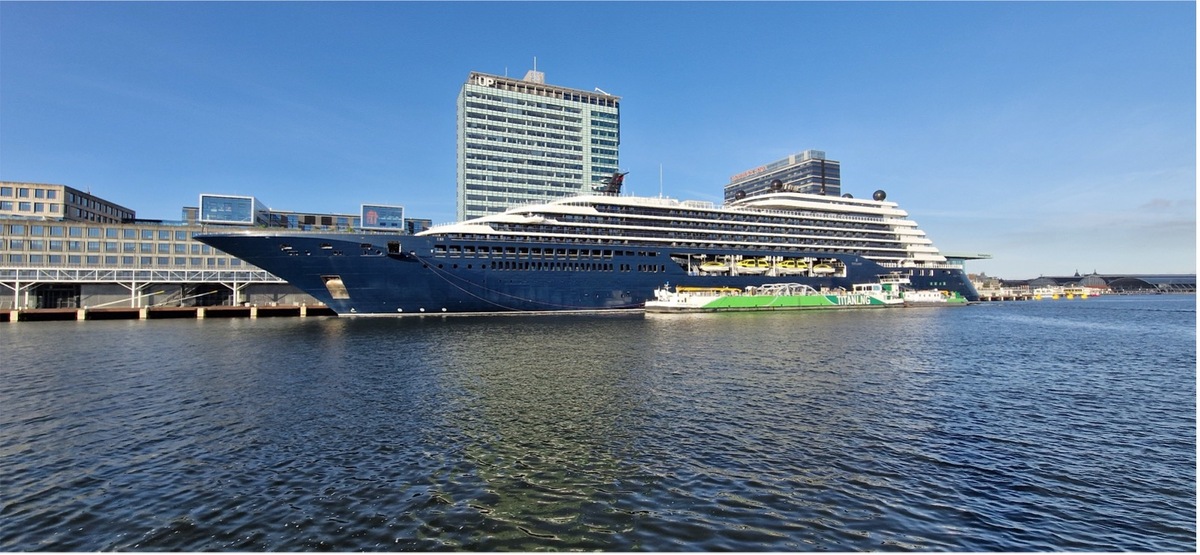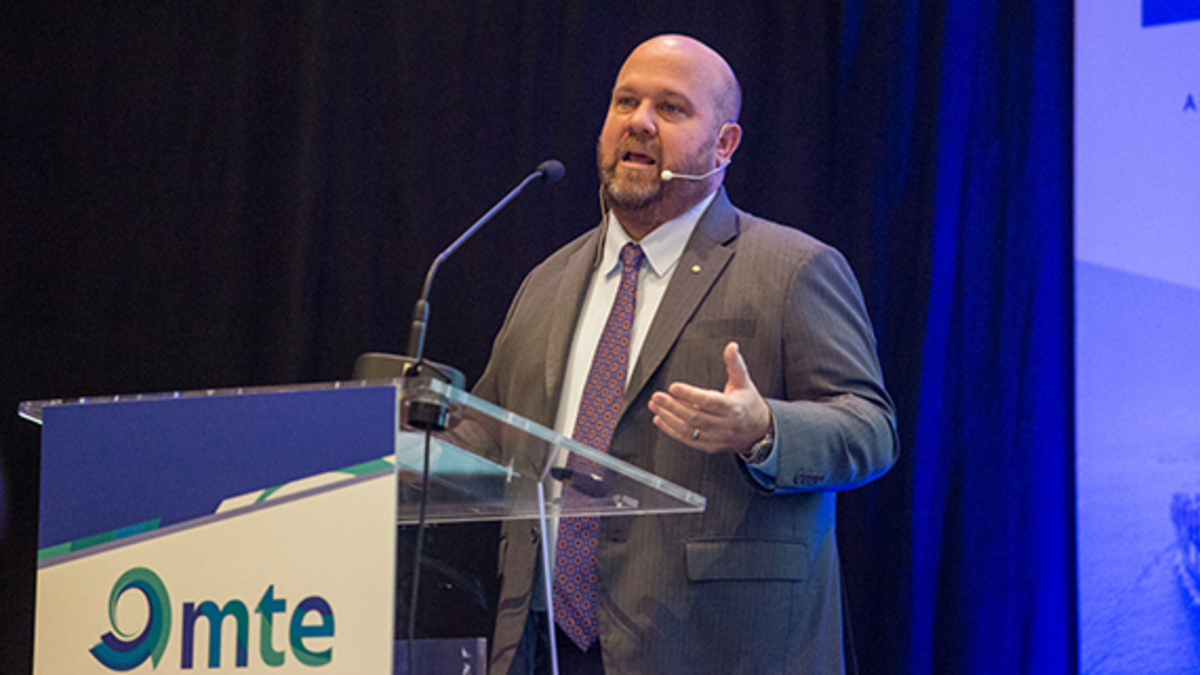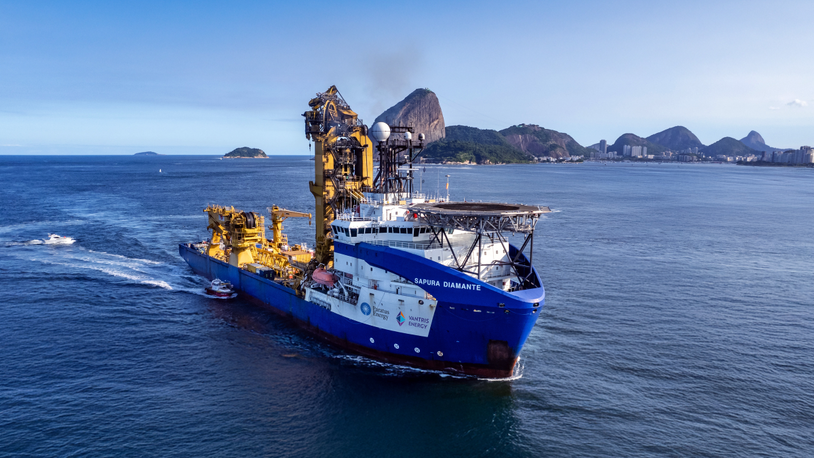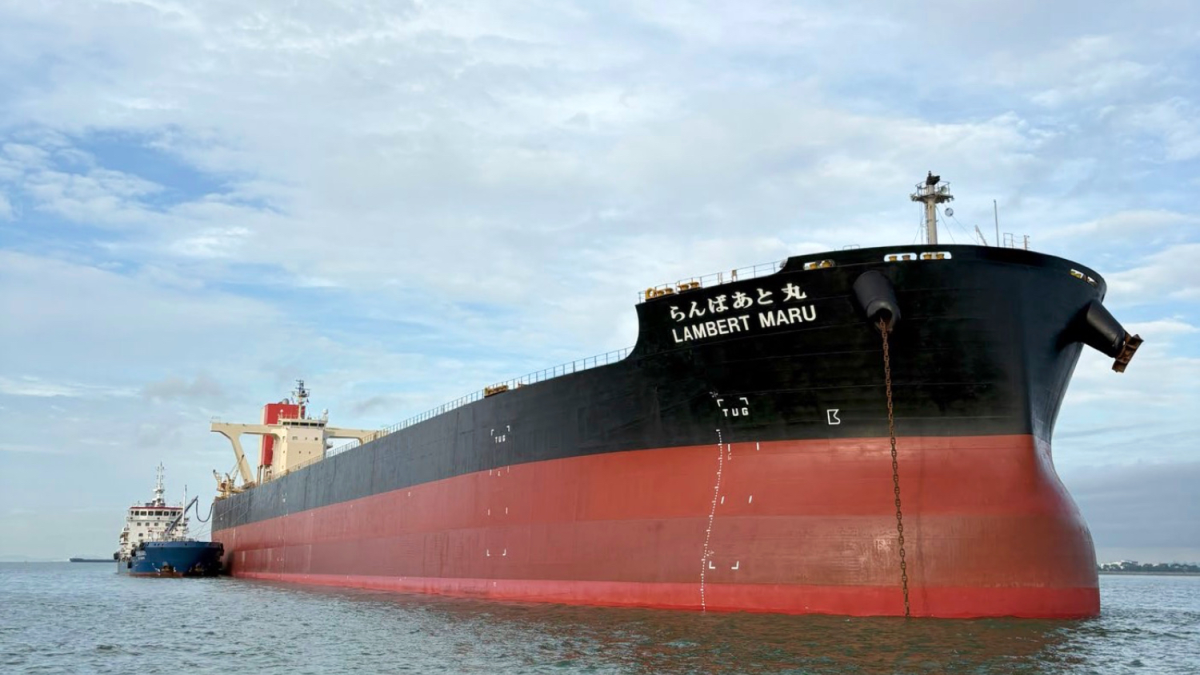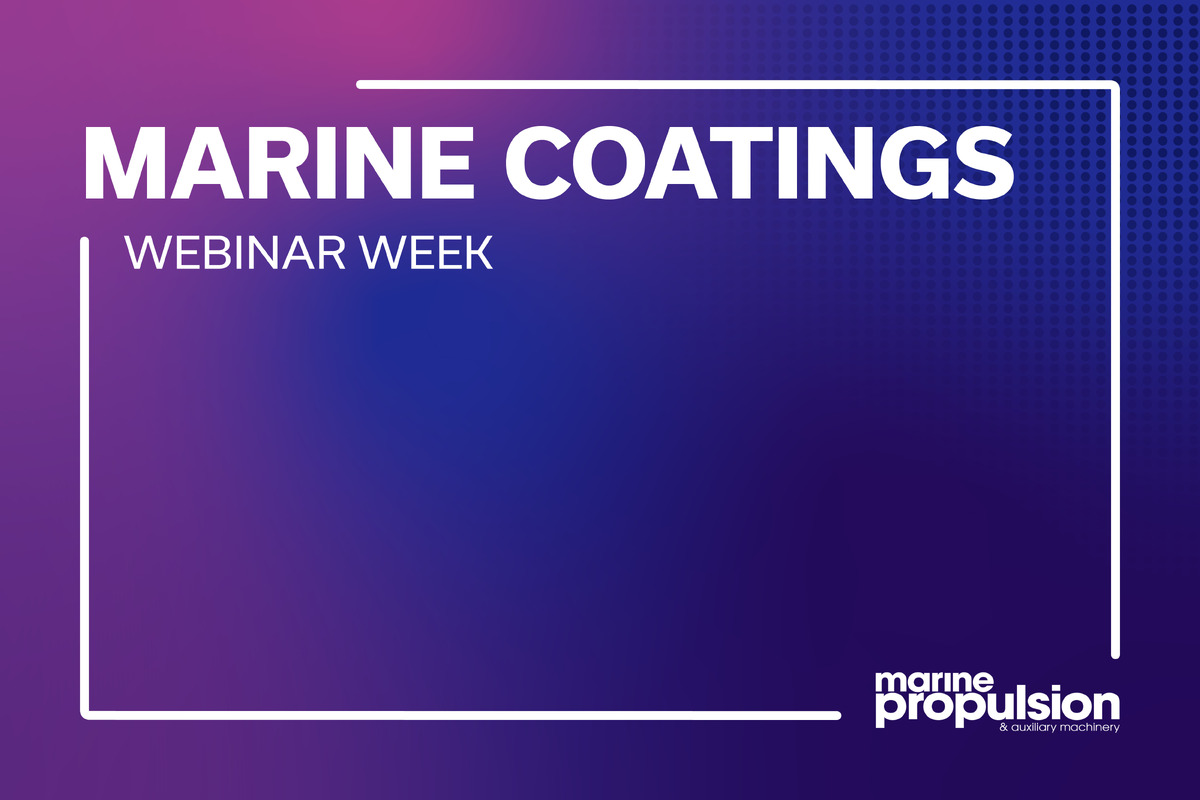Business Sectors
Contents
Register to read more articles.
How compressor and fluid technology can optimise the benefits of air lubrication
An Odfjell tanker will pilot the Alfa Laval OceanGlide air-lubrication system, which uses compressor and fluidic oscillators to create an even, drag-reducing microbubble layer
Riding a slippery layer of microbubbles produced by compressor technology, a ship can achieve up to 8% fuel savings, reduce CO2 emissions and improve its overall Carbon Intensity Index (CII) rating.
This is the ambition behind air lubrication, which uses compressors to provide a steady stream of air to produce microbubbles along the flat bottom of a ship’s hull to lower drag with the seawater. Reducing frictional resistance lowers the amount of power required to propel the vessel.
Air-lubrication systems are one of the novel technologies being employed on newbuilds and fitted on existing ships to improve CII ratings, and comply with other IMO regulations, including Energy Efficiency Existing Ship Index (EEXI) and Energy Efficiency Design Index (EEDI). Saving fuel will be even more critical when the EU Emissions Trading System (ETS) kicks in on 1 January 2024, when ships will be required to buy CO2 credits for emissions on voyages to, from, or within the European Union.
“This setup enables precise control and optimisation of power consumption”
One of the frontrunners in shrinking its carbon footprint is Odfjell, which has invested in some 130 energy-saving devices (ESDs) across its tanker fleet over the last 10 years. Using these ESDs, Odfjell has reduced the carbon intensity of its tankers by more than 50% as compared with 2008, reaching its 2030 target by Q1 2023. This was verified by DNV and announced during a ceremony at Nor-Shipping in early June.
Still, the chemical tanker owner is not taking a victory lap, particularly with three of its ships, Bow Summer, Bow Sea and Bow Star, having potential CII ratings of D in 2023, according to a presentation by Odfjell VP technology Erik Hjortland during Capital Markets Day 2023. All three ships are employed in the ARA to US Gulf trade, with long port times.
To improve its CII rating, one of them, Bow Summer, will be fitted with an air-lubrication system when it enters drydock in September or October 2023.
At Nor-Shipping 2023, the Oslo-listed chemical tanker owner signed an agreement to install an Alfa Laval OceanGlide air-lubrication system. The OceanGlide system combines air lubrication and fluid technology. Alfa Laval says its OceanGlide technology uses fluidic oscillators to generate a precise, even layer of microbubbles across the ship’s entire flat bottom. The compressors used in the system provide the air to produce about 240,000 bubbles per second and metre, reducing specific drag by up to 75%. The independent management of each belt provides a more controlled and streamlined flow of air bubbles to ensure optimum efficiency, maximum coverage and reduced compressor output. Lower power consumption is a benefit. Only two air compressors and three air release bands will be mounted on the bottom of Bow Summer.
“The unique configuration of bands in sections for a regulated flow of air bubbles is a characteristic of the OceanGlide system,” said Mr Hjortland. “This setup enables precise control and optimisation of power consumption, and we look forward to documenting the energy-saving effect on our chemical tankers.”
Odfjell expects to achieve net CO2 reductions of between 6 and 8%, but this will need to be verified in the pilot project.
Related to this Story
Events
LNG Shipping & Terminals Conference 2025
Vessel Optimisation Webinar Week
Marine Coatings Webinar Week
© 2024 Riviera Maritime Media Ltd.


